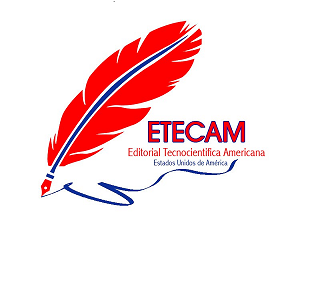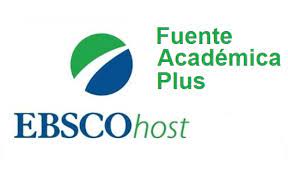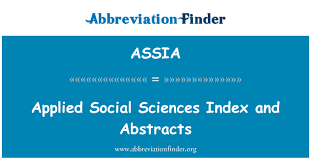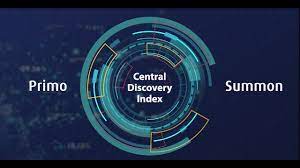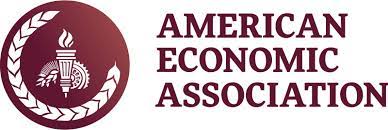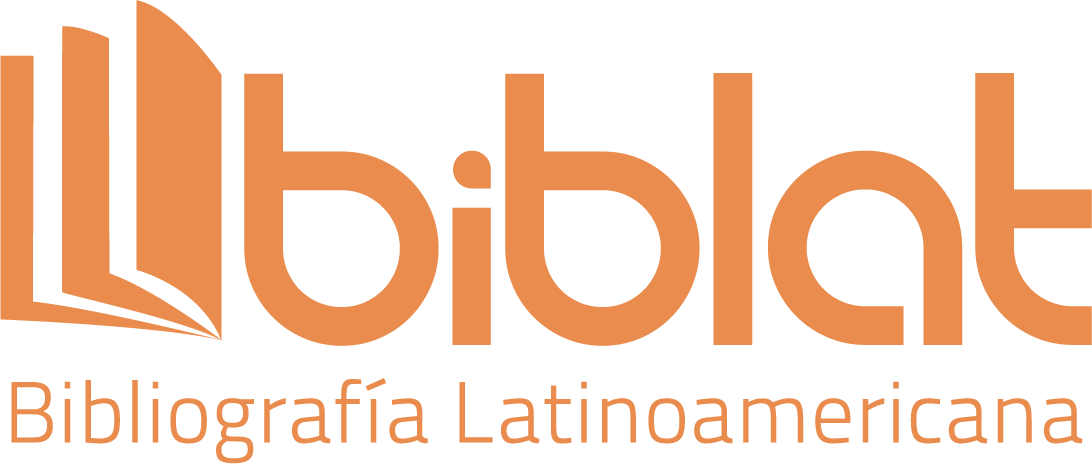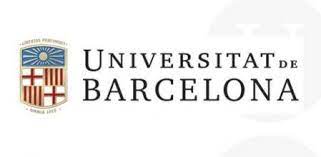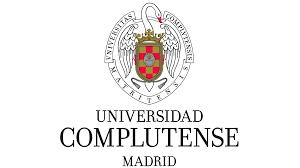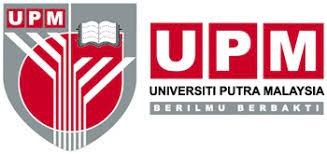Estrategias didácticas motivacionales para mejorar el rendimiento académico de estudiantes de segundo grado
DOI:
https://doi.org/10.51736/sa.v7iEspecial%204.312Keywords:
motivation, academic performance, didactic strategies, education, evaluationAbstract
Fostering motivation in the classroom is crucial to improve students' academic performance. The objective of this study was to design a guide of motivational didactic strategies adapted to the school context and to evaluate their impact on the academic performance of second-grade students in the EEB Mocache. A single-group quasi-experimental design with a mixed approach was used to collect both quantitative and qualitative data. The target population included all second-grade students and teachers at the educational institution, constituting a total of 3 teachers and 30 students. Surveys were conducted with students to assess their level of motivation, semi-structured interviews with teachers to obtain qualitative information, and a pretest and posttest were conducted to measure students' academic performance. Statistical techniques such as analysis of central tendency, normality tests (Kolmogorov-Smirnov and Shapiro-Wilk), and Wilcoxon signed-rank test were used to analyze the data. The results show a significant improvement in academic performance after the implementation of the motivational strategies, supporting their effectiveness in the school context. In addition, educational experts, who provided feedback to improve its consistency and effectiveness, validated the guide.
Downloads
References
Astuti, S. P. (2016). Exploring motivational strategies of successful teachers. Teflin Journal, 27(1).
Cabell-Rosales, N. V., & Pérez-Azahuanche, M. A. (2021). Estrategias motivacionales para el logro de los aprendizajes. Polo del conocimiento, 6(1), 978-997.
Castro, A., Conejo, F., Quintero, L. E., & Vega, J. A. (2022). Análisis de la relación entre el rendimiento académico y las estrategias metacognitivas y motivacionales. Actualidades Pedagógicas, 1(78), 8.
Castro, J. C. A. G., Félix, G. L. C., & Sánchez, R. M. (2023). La motivación en el proceso de enseñanza-aprendizaje. Ciencia Latina Revista Científica Multidisciplinar, 7(1), 3922-3938.
González-Cutre, D., Jiménez-Loaisa, A., Abós, A., & Ferriz, R. (2021). Estrategias motivacionales para incluir novedad y variedad en Educación Física. Cómo motivar en Educación Física: Aplicaciones prácticas para el profesorado desde la evidencia científica, 99-116.
Hernández, M. L., & González, M. A. (2015). La motivación en el aula: estrategia esencial para mejorar el aprendizaje en la escuela primaria. Cuadernos de educación y desarrollo, 55, 1-10.
Hornstra, L., Mansfield, C., Van Der Veen, I., Peetsma, T., & Volman, M. (2015). Motivational teacher strategies: the role of beliefs and contextual factors. Learning Environments Research, 18, 363-392.
Howard, N. J. (2023). The Effectiveness of Teacher Motivational Strategies in EFL Contexts: A Critical Review of the Literature. Mextesol Journal, 47(1), n1.
Lamb, M. (2019). Motivational teaching strategies. The Palgrave handbook of motivation for language learning, 287-305.
Madueña, J. A. P., & Carrillo, M. D. J. M. (2020). Factores motivacionales y su relación con el rendimiento académico en alumnos de nivel primaria. Revista de estudios clínicos e investigación psicológica, 10(20), 248.
Mendoza, L. L, Leyva, P. A., Santiesteban, E., & Velázquez, K. M. (2019). Estimulación de la motivación: una alternativa para lograr su desarrollo. Editorial Académica Universitaria.
Min, M. H., & Chon, Y. V. (2021). Teacher motivational strategies for EFL learners: For better or worse. RELC Journal, 52(3), 557-573.
Moreira, M. S. S., & Salmon, L. D. R. L. (2022). Estrategia didáctica lúdica para activar el proceso enseñanza y aprendizaje en los estudiantes del tercer grado del nivel básico elemental. Dominio de las Ciencias, 8(1), 1180-1191.
Naula, M. E. S. (2017). Importancia de la motivación en el aprendizaje. Sinergias educativas, 2(1), 13-19.
Ryan, R. M., & Deci, E. L. (2017). Self-determination theory: Basic psychological needs in motivation, development, and wellness. Guilford publications.
Solórzano-Alcívar, J. G., & Barcia-Briones, M. F. (2022). Estrategias motivacionales virtuales en el rendimiento académico. Revista Científica Multidisciplinaria Arbitrada YACHASUN-ISSN: 2697-3456, 6(11 Ed. esp), 277-291.
Sucuoglu, E. (2017). Analysis of motivational strategies used by English language teachers teaching at secondary schools. Procedia Computer Science, 120, 189-195.
Sugita McEown, M., & Takeuchi, O. (2014). Motivational strategies in EFL classrooms: How do teachers impact students' motivation?. Innovation in Language Learning and Teaching, 8(1), 20-38.
Vibulphol, J. (2016). Students' Motivation and Learning and Teachers' Motivational Strategies in English Classrooms in Thailand. English Language Teaching, 9(4), 64-75.
Waddington, J. (2018). Teacher understanding and implementation of motivational strategies in ELT. ELT Journal, 72(2), 162-174.
Published
How to Cite
Issue
Section
License
Copyright (c) 2024 Sonia Tatiana Casis Bajaña, Roberto Idelfonso Suárez Zambrano, Evelyn Jazmín Henríquez Antepara, Giselle Aurelia Rodríguez Caballero

This work is licensed under a Creative Commons Attribution-NonCommercial-ShareAlike 3.0 Unported License.













